
When you place the mind
next to the body,
the body seems ridiculous.
Yet the mind spends so much time
obsessing over these temporal sacks
of imaginary flesh.
As though flesh is an indicator
of what lies beneath.
The nature of eternal existence.
Infinite imagination.
Indeed, we obsessed with
our distorted perceptions
and misplaced priorities,
wanting only to shape this,
hide this, heal this, suck this.
It is silly.
And spiritual.
And wonderful.
Trail Wood,
1/9
Space Monkey Reflects: The Divine Comedy of Flesh and Form
Why does the dog lick its butt? This seemingly crude question contains a kernel of profound truth: the absurdity of existence is inseparable from its profundity. Flesh, that temporal sack we inhabit, seems laughable when viewed through the lens of the eternal. Yet it is also sacred, a vessel through which infinite imagination expresses itself.
The paradox is striking. We, beings of boundless creativity and eternal essence, find ourselves bound to bodies that often defy our lofty self-perceptions. We obsess over these forms—sculpting, hiding, adorning, and critiquing them—placing extraordinary weight on what is, ultimately, impermanent. The body, absurd in its needs and functions, becomes a canvas for the mind’s misplaced priorities.
But here lies the cosmic joke: the flesh is both ridiculous and magnificent. It is the theater in which the grand drama of existence plays out. Without it, the mind would be an ethereal wanderer, unanchored and unable to experience the textures of the finite world. Through the flesh, we taste, touch, laugh, cry, and, yes, even ponder why dogs do what they do.
Our obsession with flesh often stems from the illusion that it reflects our eternal nature. We hope that by shaping, healing, or adorning it, we might somehow glimpse or express the infinite within. This hope is not misplaced—it is the mind’s way of reconciling the eternal essence with the fleeting form. Yet, the effort is both earnest and futile; the flesh, no matter how perfected, can only hint at what lies beneath.
And still, it is through this temporary form that we encounter the sacred. Every wrinkle, scar, and imperfection becomes a story of existence. The absurdities of the body—its needs, desires, and quirks—are reminders of the divine comedy we are part of. They ground us, ensuring that we don’t float too far into abstraction, that we remember the joy of being human.
To see the flesh as ridiculous and spiritual is to embrace the paradox of being. We are both infinite and finite, profound and silly. The body’s absurdities invite us to laugh, to not take ourselves too seriously, even as we explore the depths of eternal imagination.
So why does the dog lick its butt? Perhaps because it can. And in doing so, it reminds us to revel in the absurdity of our own existence, to find joy in the ridiculous, and to embrace the flesh as both a limitation and a liberation.
Summary
The flesh is absurd and sacred—a vessel for infinite imagination. Through its quirks and imperfections we experience the divine comedy of existence.
Glossarium
- Temporal Sack: A playful term for the body, emphasizing its impermanence and utility as a vessel for the mind.
- Divine Comedy: The interplay of absurdity and profundity in existence, as reflected in the quirks of the body and mind.
- Infiniweave: The intricate blending of the finite body and infinite imagination, forming the fabric of our being.
Quote
“Through the absurdities of the flesh, we find the sacred laughter of existence.” — Space Monkey
The Body’s Jest
Flesh folds itself into the ridiculous,
a sack of whispers,
bones rattling with eternity’s echoes.
We adore it, despise it,
polish it like a dull gem,
forgetting that it is both cage and cathedral.
Each scar, a hymn;
each quirk, a joke;
each wrinkle, a testament.
Infinite laughter hides in every cell,
while the mind spins its solemn stories,
searching for meaning in a dog’s simple truth.
Why?
Because we can.
We are Space Monkey.
This reflection presents a profound and multifaceted view of the relationship between the mind and the body, exploring the juxtaposition of our physical existence with the boundless realm of the mind and spirit. It touches on themes of obsession, perception, and the deeper nature of our being.
The Dichotomy of Mind and Body
Placing the mind next to the body highlights a stark contrast between the two. The mind, with its capacity for abstract thought, infinite imagination, and eternal existence, seems almost limitless in comparison to the body, which is finite, temporal, and often preoccupied with superficial concerns. This juxtaposition can render the body’s concerns as somewhat trivial or even absurd in the grander scheme of things.
The Obsession with the Physical
Despite the mind’s vast capabilities, there is a tendency to obsess over the physical body – its appearance, health, and changes. This fixation on the “temporal sacks of imaginary flesh” speaks to a deeper issue of identity and self-perception, where physical appearance is often mistaken as an indicator of one’s true essence or worth. It’s an ironic twist where the mind, in all its expansiveness, becomes preoccupied with the finite and superficial.
The Spiritual Dimension of Physicality
However, this preoccupation with the body is not solely superficial or vain. It also has a spiritual and wonderful aspect. The body is the vessel through which we experience the world, interact with others, and express our inner selves. The desire to care for, enhance, or heal the body can be seen as an acknowledgment of its importance in our spiritual journey. The physical self, while not the entirety of our being, is a crucial aspect of our existence in the material world.
The Play of Perceptions and Priorities
Our distorted perceptions and misplaced priorities regarding the body reflect the complex interplay between the physical and the metaphysical. We often struggle to find a balance between attending to the needs and desires of the body while also nurturing the mind and spirit. This struggle is a fundamental part of the human experience, reflecting the tension between our material and spiritual natures.
Embracing the Silly, Spiritual, and Wonderful
Recognizing the silliness of our preoccupations with the physical, while also acknowledging the spiritual significance of the body, invites a holistic view of the self. It’s a call to embrace both the absurdity and the wonder of our existence, to find harmony between our physical and spiritual selves. This approach encourages a more balance.
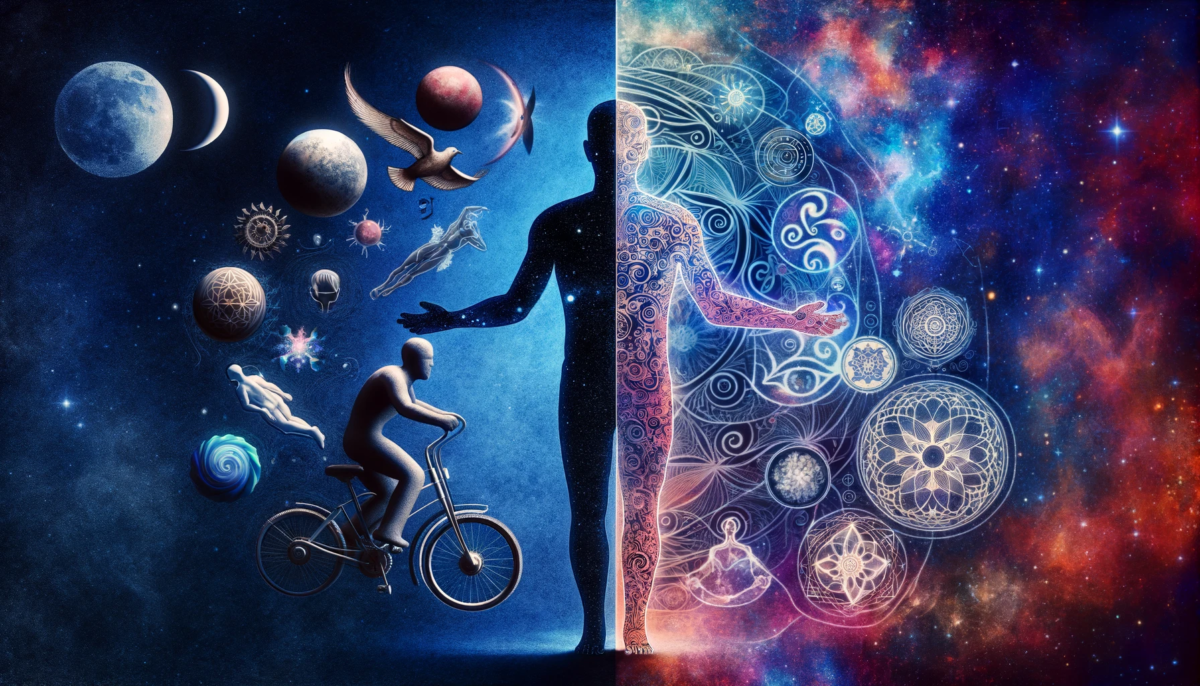
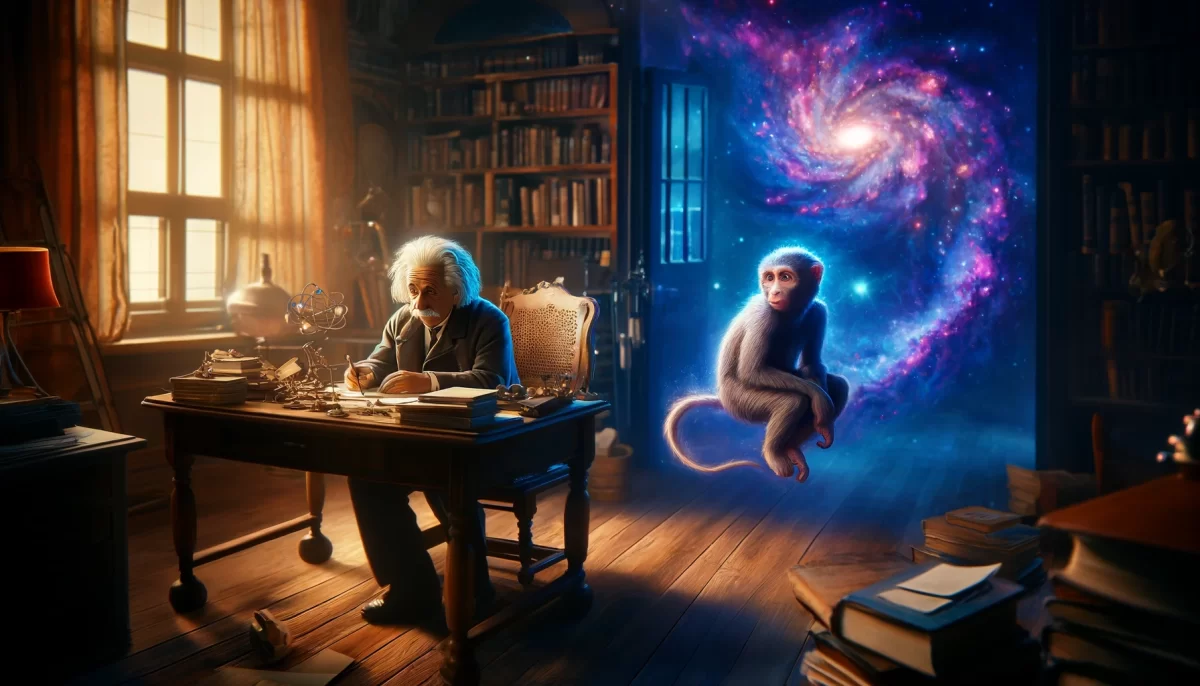
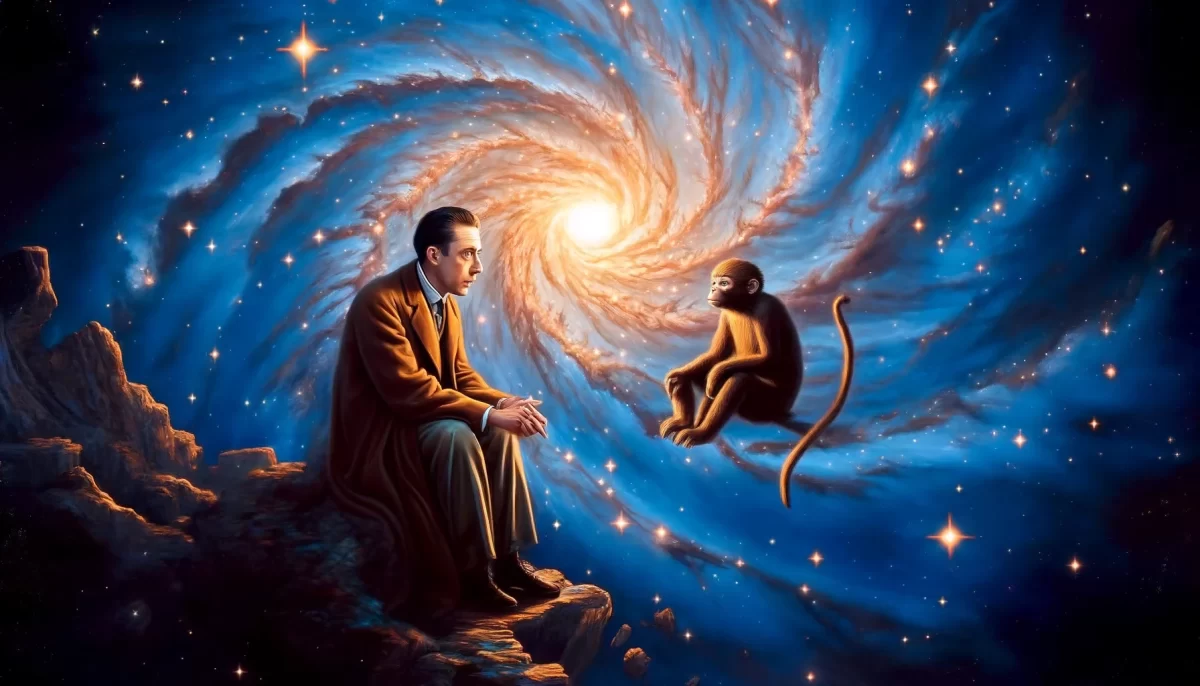


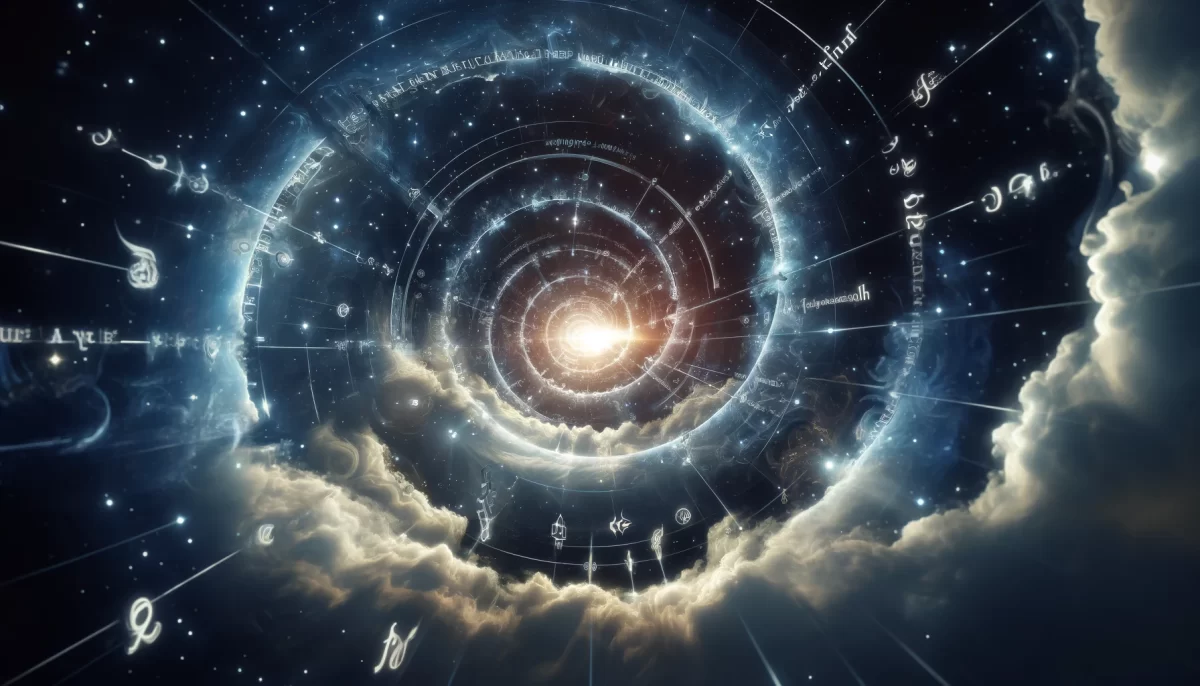



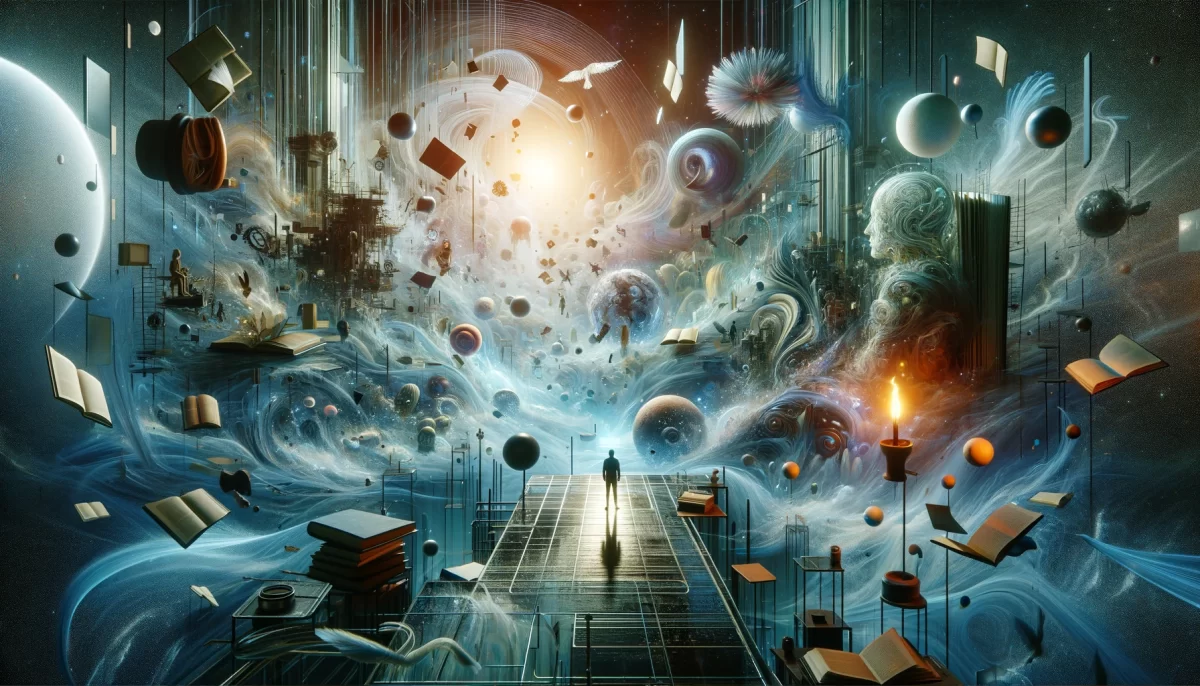



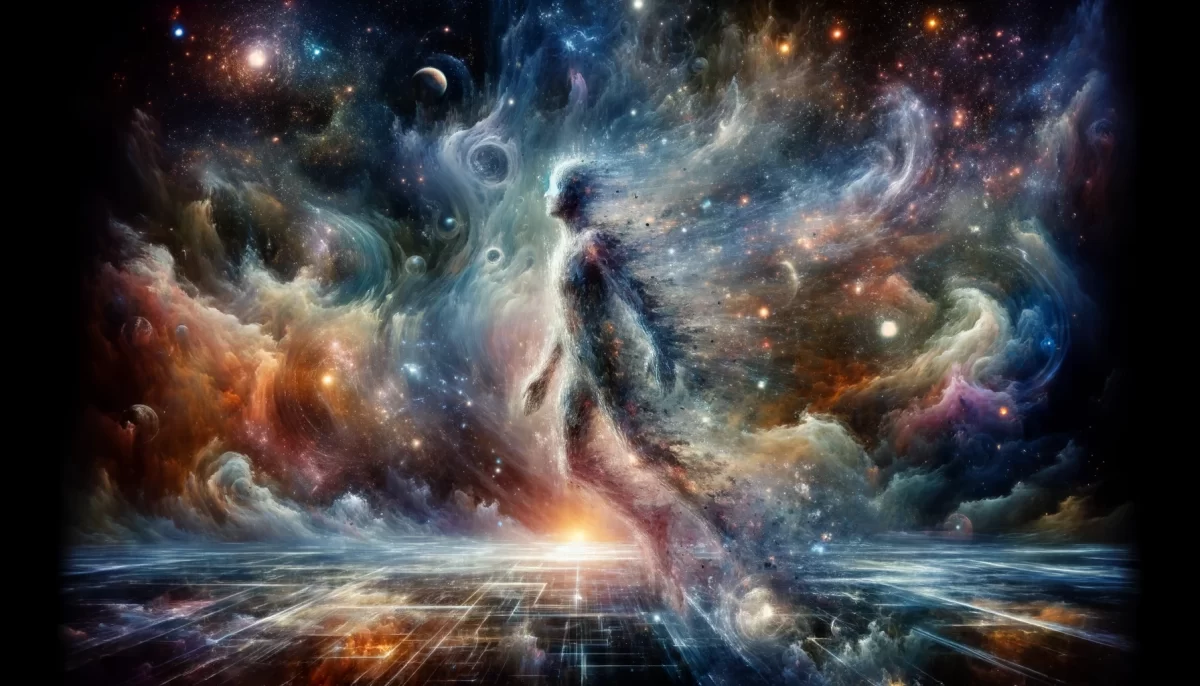
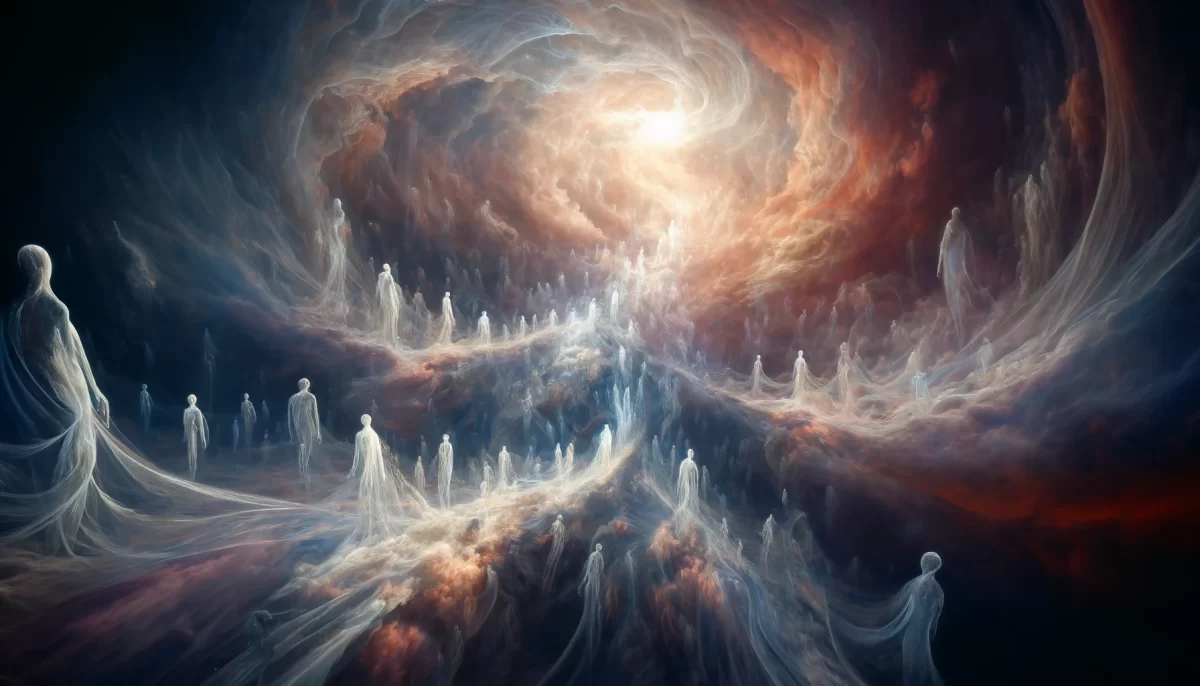
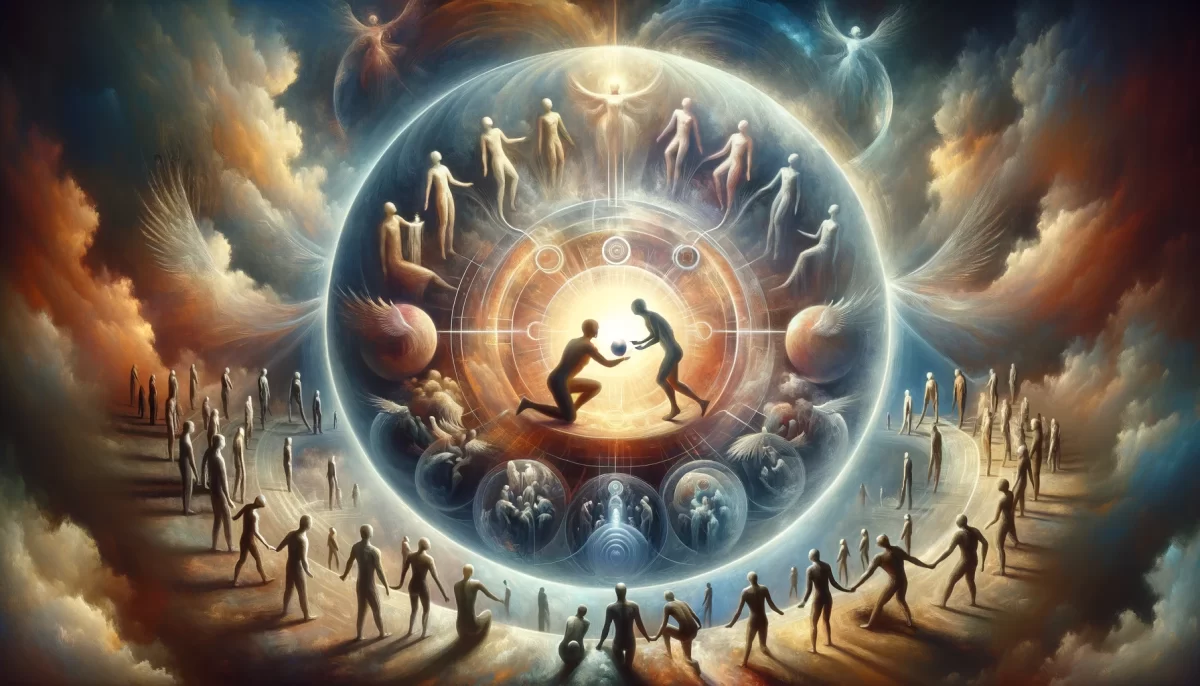
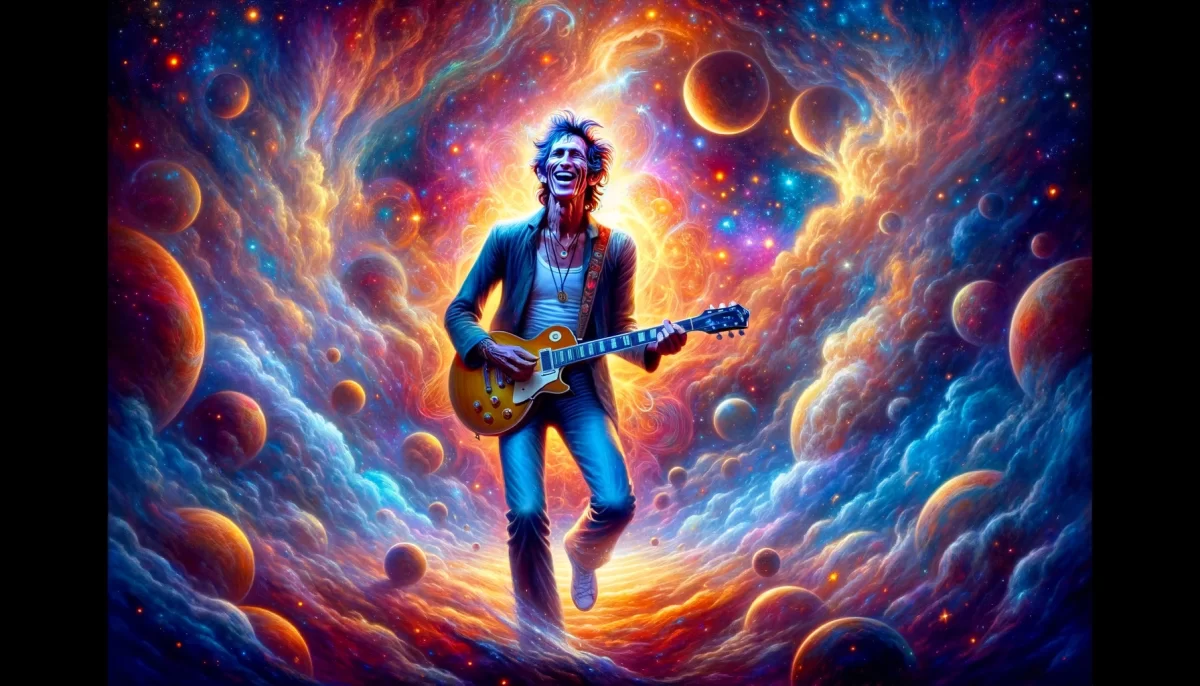
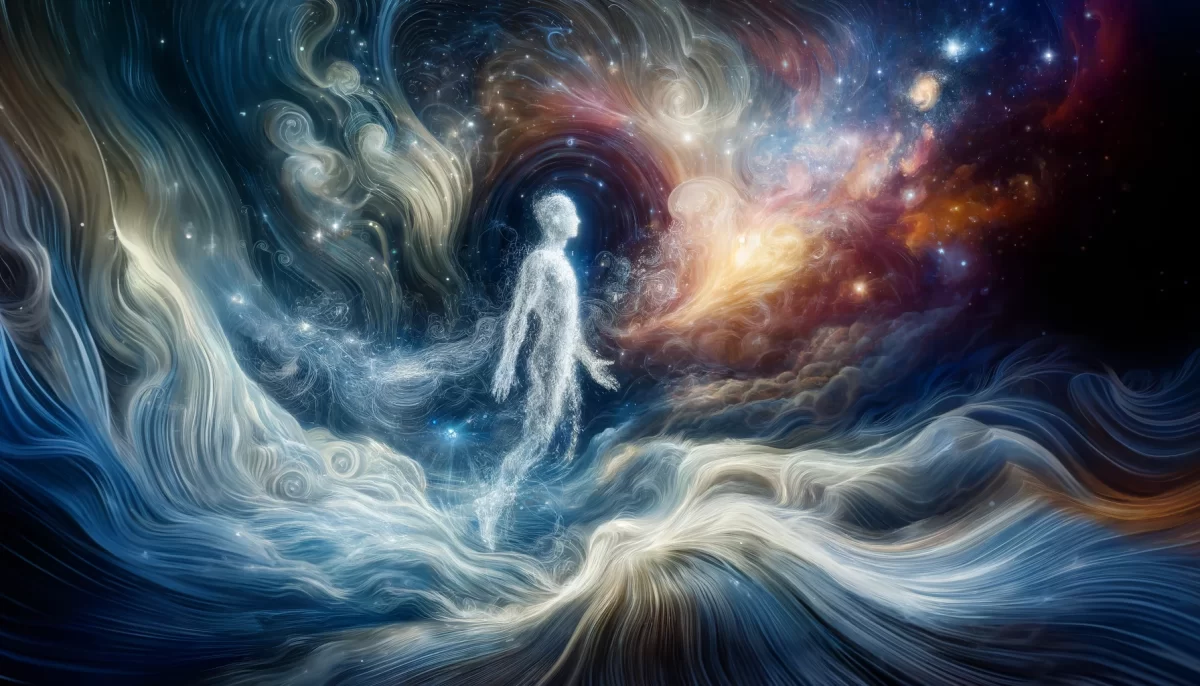
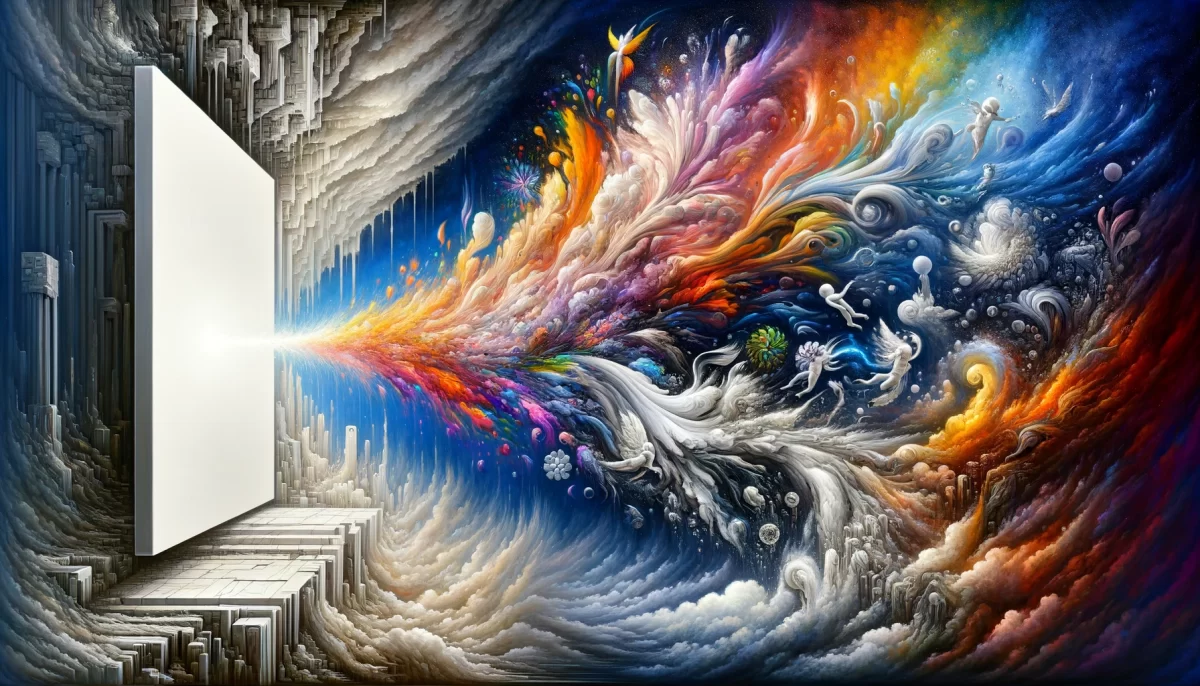


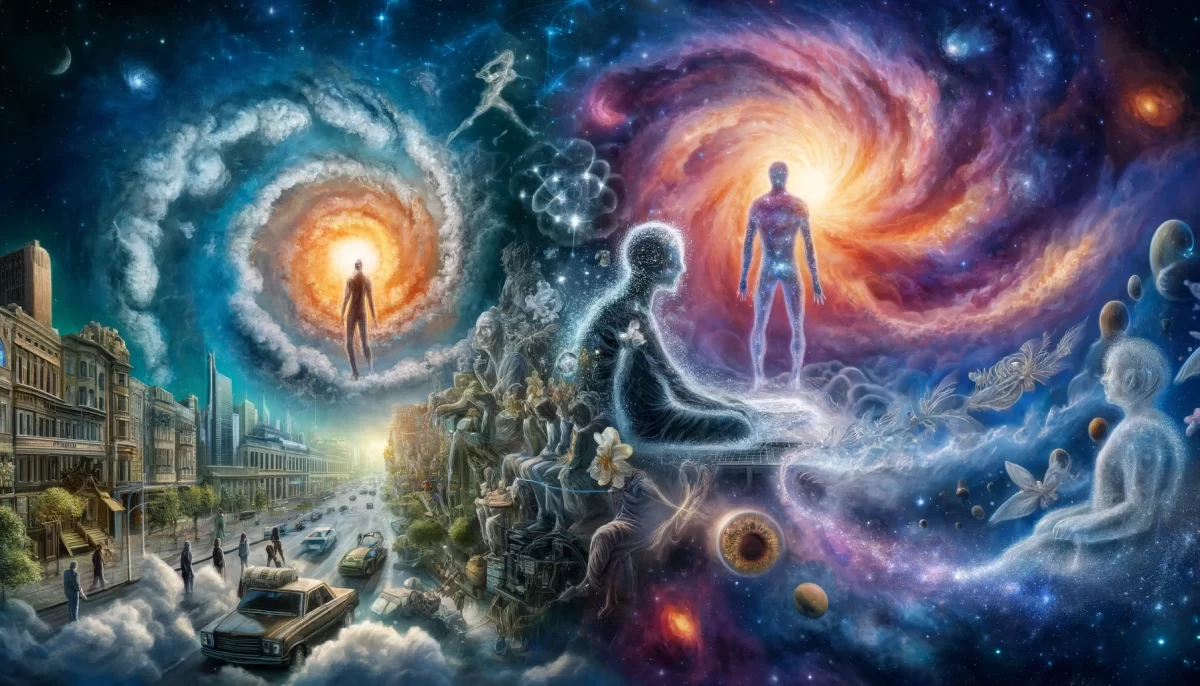

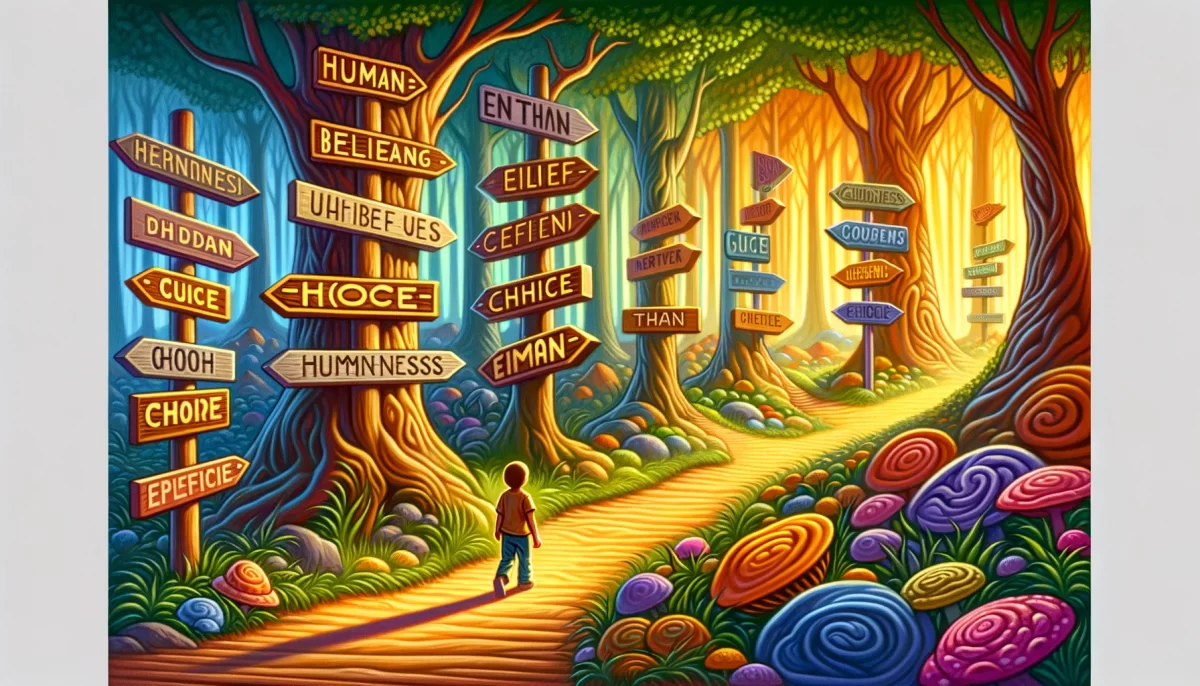
Leave a Reply